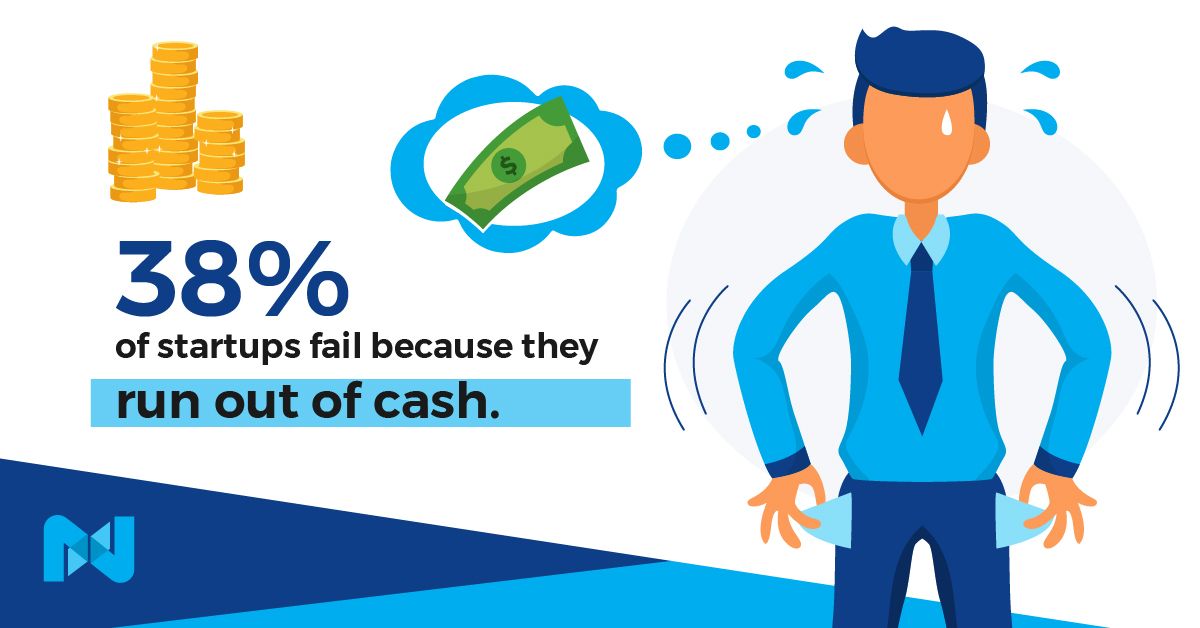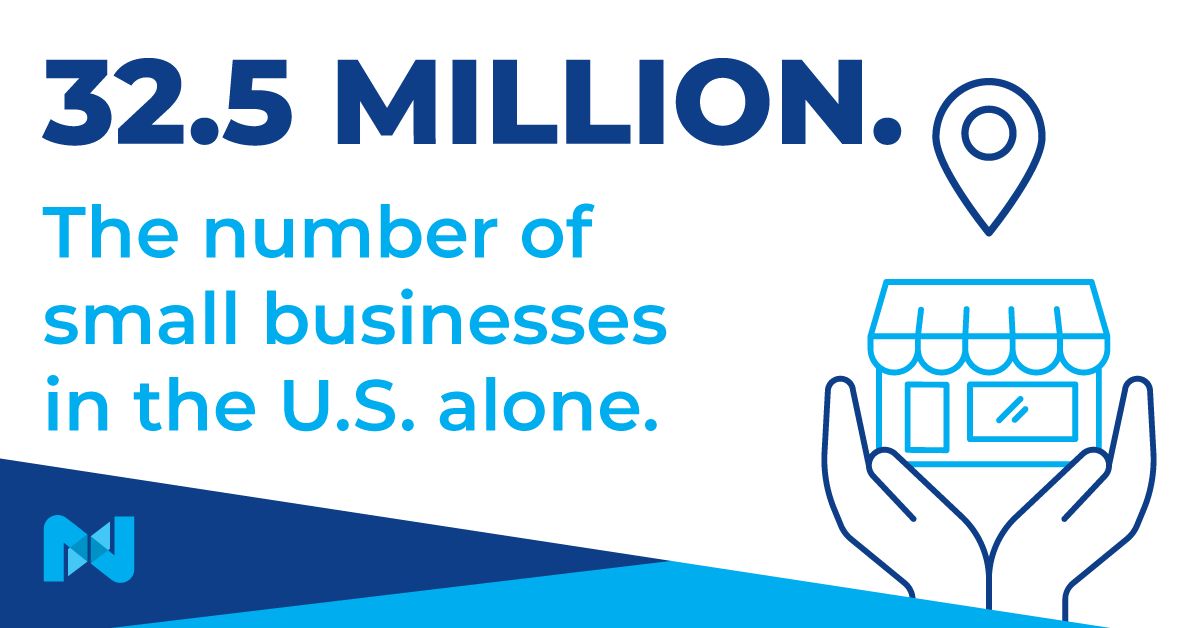Did you know 20% of new businesses fail within the first two years of operation, and approximately half of all businesses don't get past the fifth year?
If you read that stat and felt more determined to achieve your goals, you have the perseverance needed to succeed in your business.
However, no matter how long you've been in business, you're bound to run into problems at some point since missteps are a natural part of the business process.
The key to a successful business is to quickly identify your mistakes, learn from them, and avoid making the same errors again. It's also wise to learn from others' mistakes to avoid paying the price with your own business.
That said, here’s what we’ll cover:
- Mistakes Small Business Owners Make
- The Most Common Mistake Small Businesses Make When They Start Growing
- Final Thoughts: 5 Small Business Mistakes and How To Avoid Them in 2024
Mistakes Small Business Owners Make
1. Trying to do it all themselves
2. Making unnecessary investments
3. Mixing personal and business finances
4. Not having an online marketing plan
5. Underpricing/slashing prices
Let’s have a more in-depth look at the mistakes listed above.
1. Trying To Do It All Themselves
Most entrepreneurs feel they must do everything. They believe they're the only people who know how to get things done correctly. While it’s true you know more about your business than anyone, you need to delegate some responsibilities to others as your business grows.
As a business owner, there are numerous areas you’re not good at. For example, handling customer service calls, social media, or managing taxes can be a bad idea if you’re not qualified to do so.
To avoid doing everything yourself, identify your strengths and weaknesses, then recruit people who are good at what you're not good at. That will help you focus on where you can add the most value.
Also, hire trustworthy, experienced advisors to discuss your business strategy, growth, and challenges. These people will give you continuous feedback, and you'll make fewer mistakes in the long run.
2. Making Unnecessary Investments
According to CBInsights, 38% of startups fail because they run out of cash.

One of the reasons for that is overspending when starting a new business. While you have to spend money to make money, that only works if you spend it on the right things.
Wise entrepreneurs treat business purchases like buying any other capital investment — with return on investment (ROI) in mind.
For example, hiring a web developer is an unnecessary expense when you can use a store builder to create an online store without writing a single line of code. With Nexcess StoreBuilder, you can create an online store that's customized, beautiful, and unique in just a few clicks.
Be as economical as possible until your small business has grown enough to permit large purchases and still have money left to save.
3. Mixing Personal and Business Finances
When you're a business owner, it's natural to consider the company's assets to be your own. While this is true to some extent, it can lead to serious financial risks if you start treating business finances as your own.
For example, you risk losing valid tax deductions when you mix personal and business expenses in the same credit card and bank accounts.
To deduct items from your taxes, you must be able to prove that those expenses are deductible business costs. With your finances mixed up, it’s difficult to prove what’s what, and the IRS may throw out your business expenses to make sure you’re not deducting personal costs.
To solve that, open a bank account specifically for your business and apply for a business credit card to track your business expenses.
4. Not Having an Online Marketing Plan
Many entrepreneurs with offline businesses are not new to marketing. However, driving traffic to an online store can be a different animal altogether.
With 32.5 million small businesses in the U.S. alone, you’ll need a competitive edge to succeed.

An online marketing plan will enable you to identify your target audience and differentiate yourself from competitors. By defining your ideal customer, you can effectively tailor your marketing strategy to address them directly.
That’ll make your marketing tactics more engaging and more likely to generate a positive ROI.
From there, you must optimize your most effective online marketing asset — your website. Even if you generally rely on client referrals, a website with stunning visuals and valuable content can set you apart from the competition and boost sales.
With Nexcess, you can power up your website or online store with custom-built technology designed to make every aspect of the digital commerce experience better.
Check out our hosting plans for a faster and more secure website.
5. Underpricing/Slashing Prices
One common mistake new business owners make is underpricing their products or services. They often do this to woo customers, boost sales, or overtake competitors.
However, over 80% of customers compare prices on the internet before buying. In addition, a BigCommerce study revealed 80% of shoppers state competitive pricing is the most crucial store feature influencing their purchasing decisions.
So, slashing prices will eventually undermine your business’ offering, and you'll end up in the trap of diminishing returns with insufficient profit to keep your business running.
For example, when you underprice your products, the revenue you’ll generate will not be enough to cover the manufacturing, promoting, and delivering costs, leaving gaps that must be filled.
To solve this, do competitor market research to determine what you should charge.
The Most Common Mistake Small Businesses Make When They Start Growing
The most common mistake small business owners make is expanding geographically without proper planning.
Your business's success mainly depends on your ability to analyze the market and see where your product fits in, which is even more critical when entering a new area.
9% of businesses fail due to unsuccessful expansion, so expanding your business can be a big mistake without proper planning.
Final Thoughts: 5 Small Business Mistakes and How To Avoid Them in 2024
Although you should avoid these startup mistakes while building your business, keep in mind that missteps are unavoidable, so set realistic expectations.
Don't be afraid to fail. Instead, learn from your mistakes and make necessary changes to your business model. Test new ideas and get feedback to improve your offering and better meet your customers' needs.
If you run an ecommerce business, you should consider optimizing your website as well.
You can do so by signing up for Nexcess’ fully managed WooCommerce hosting. Get started today and make your ecommerce website faster and more secure.

